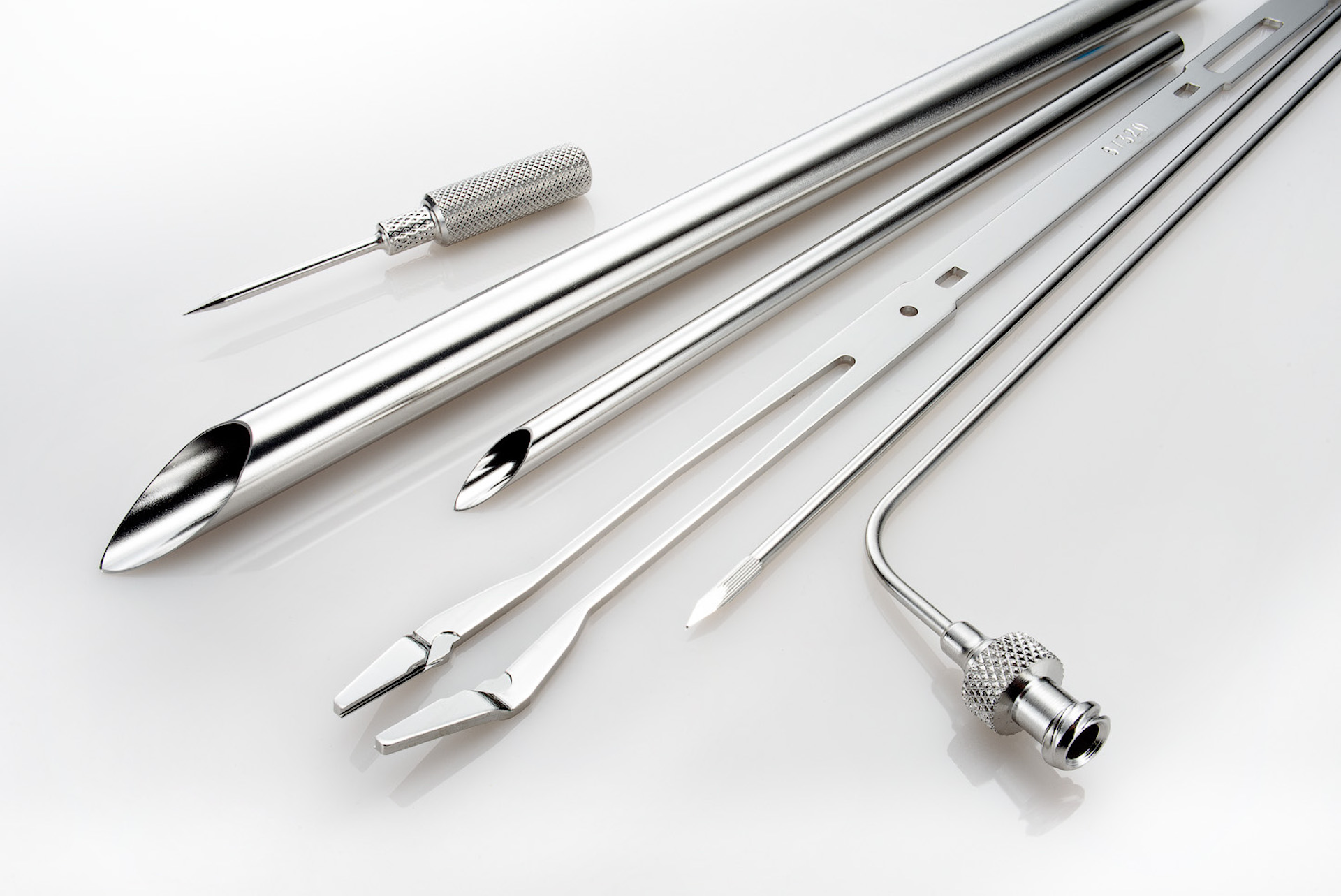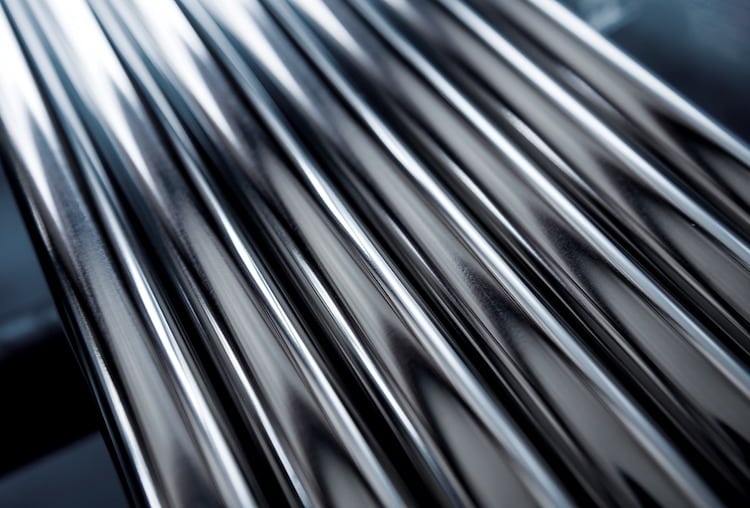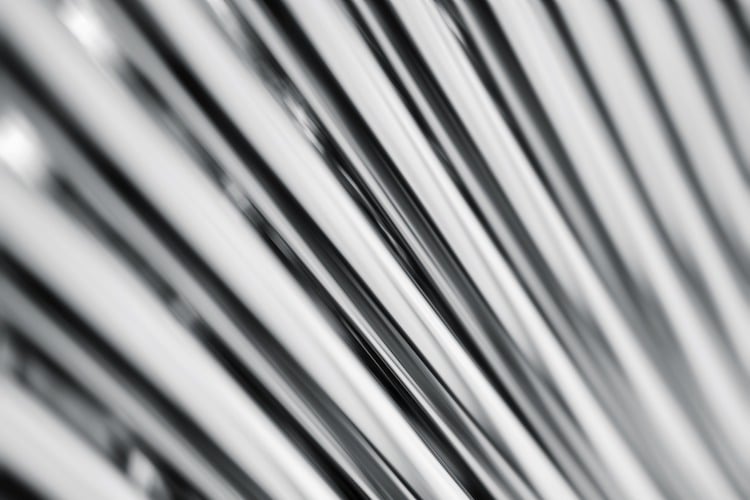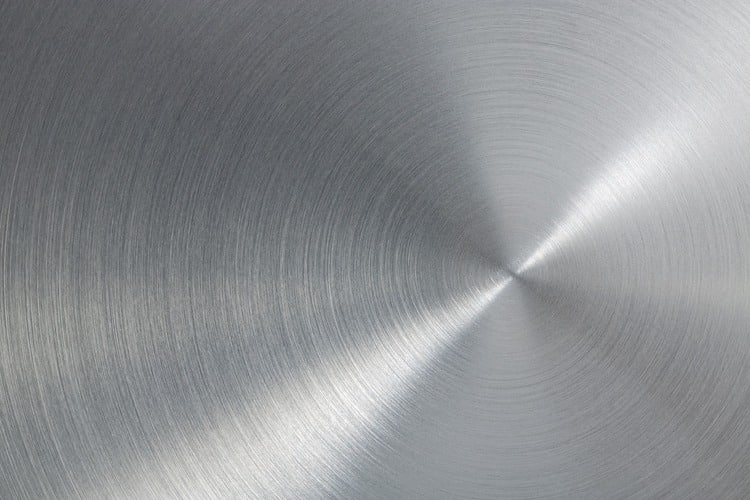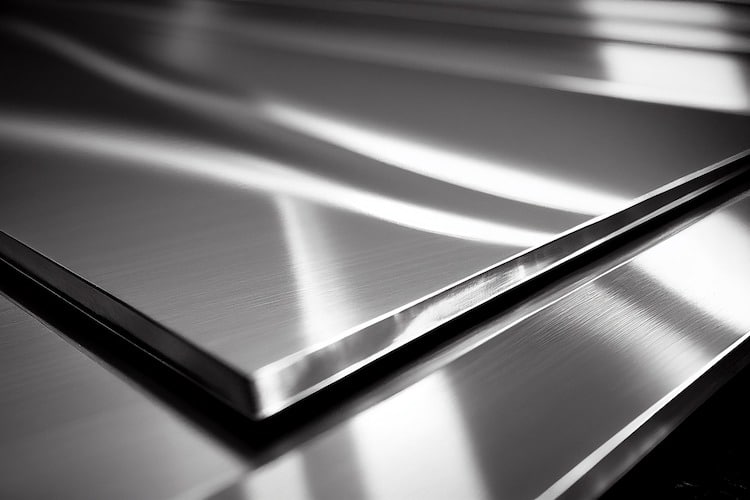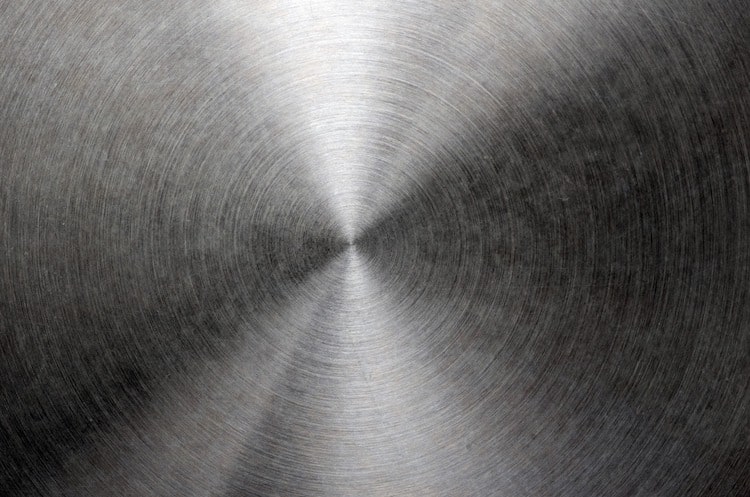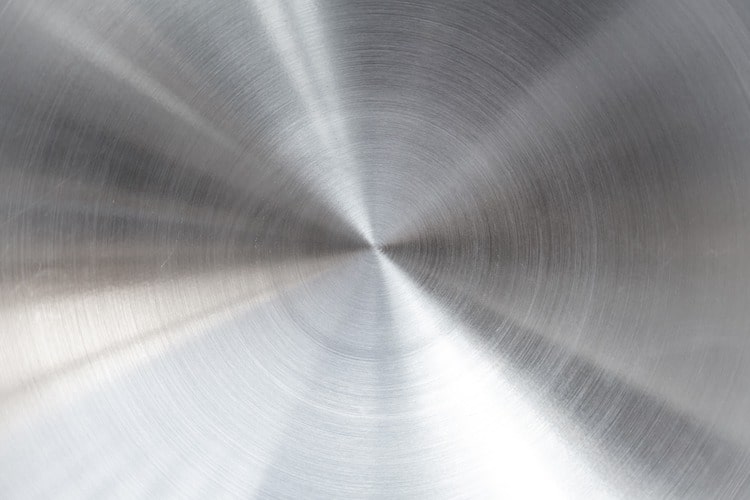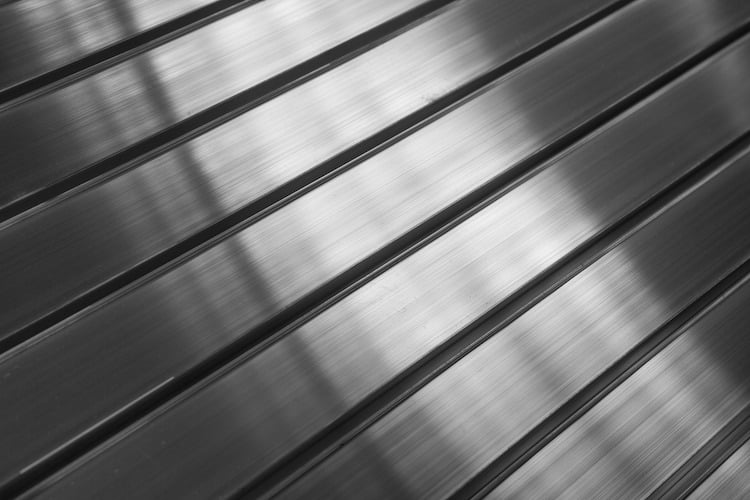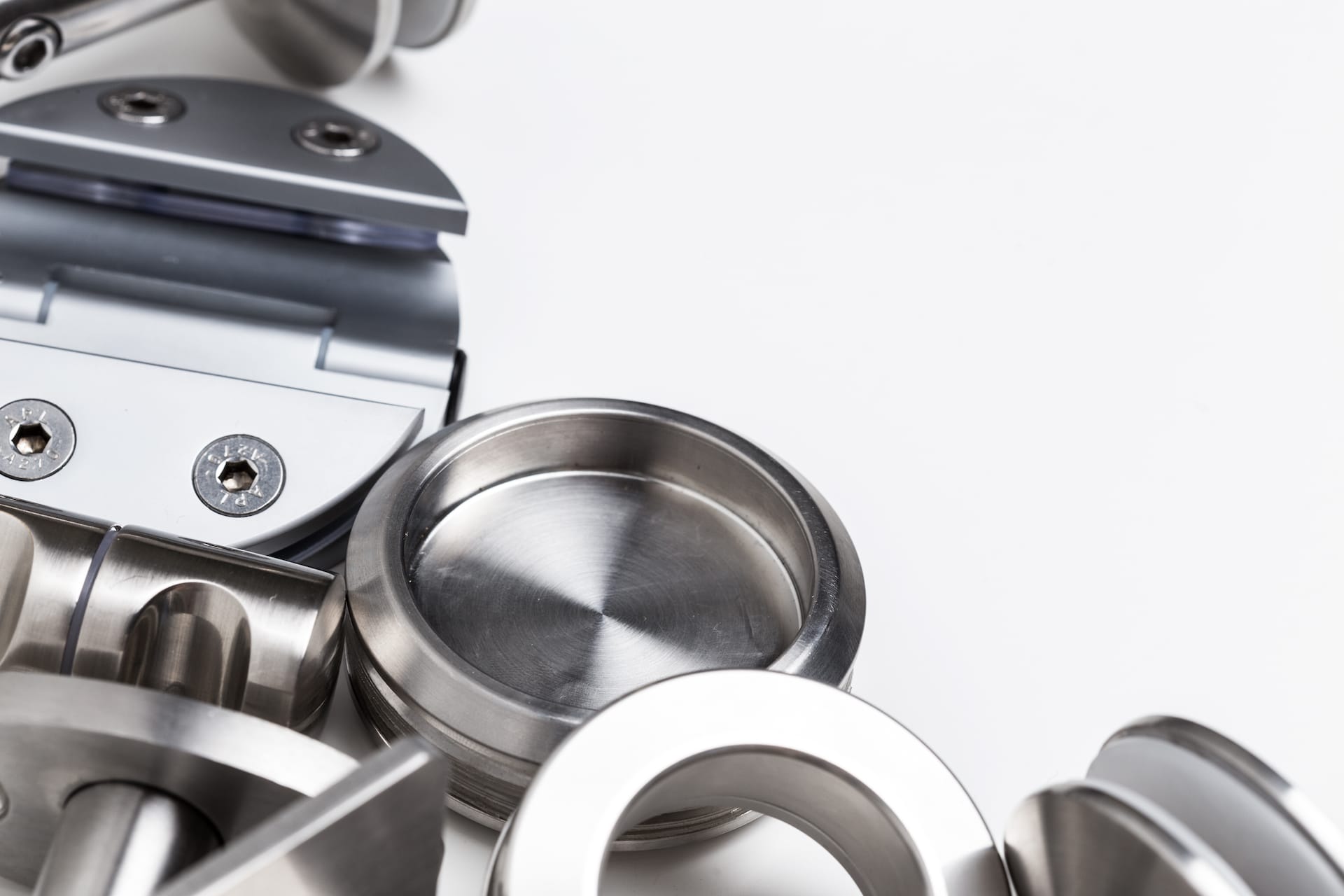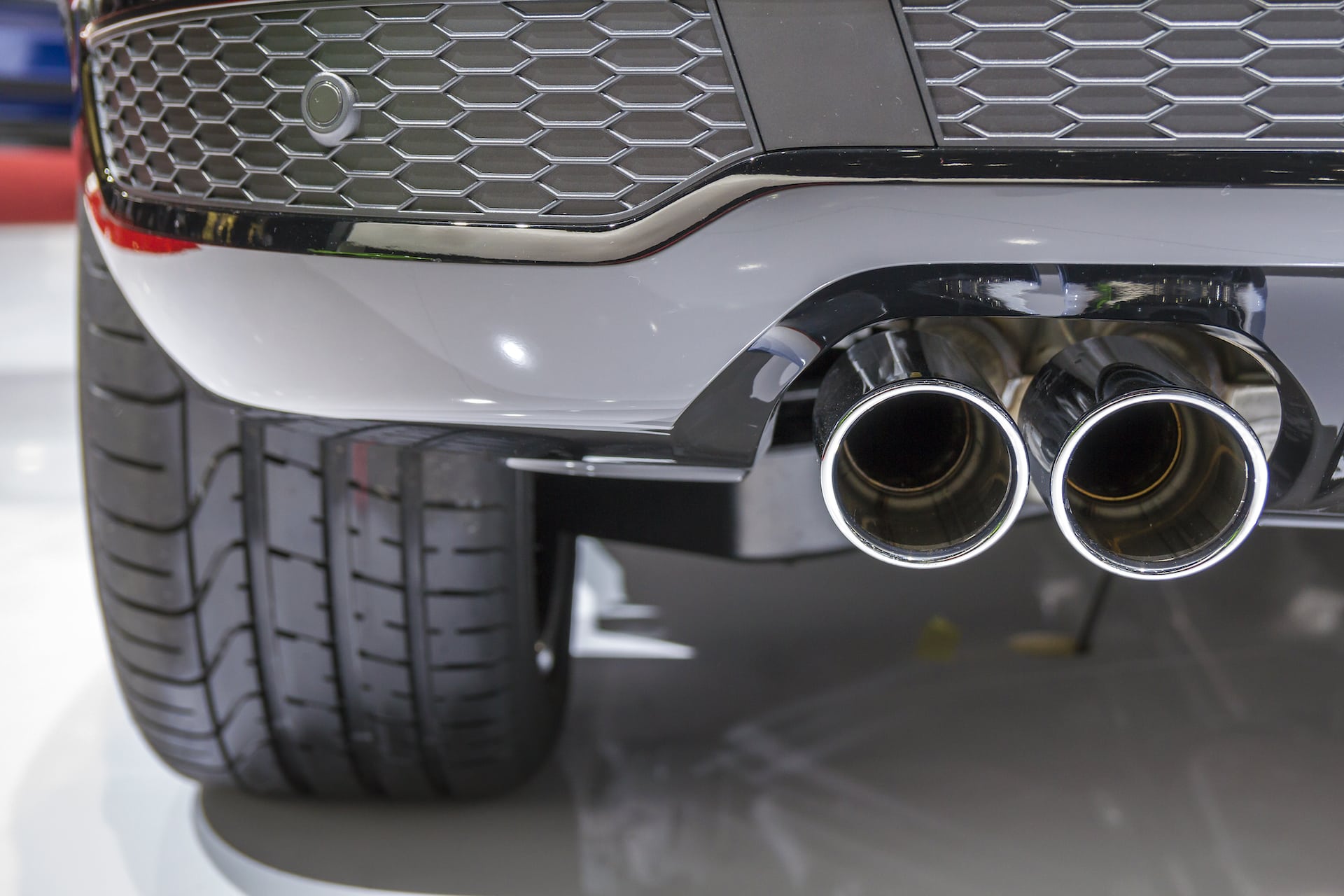Understanding 17-4 Grade Stainless Steel
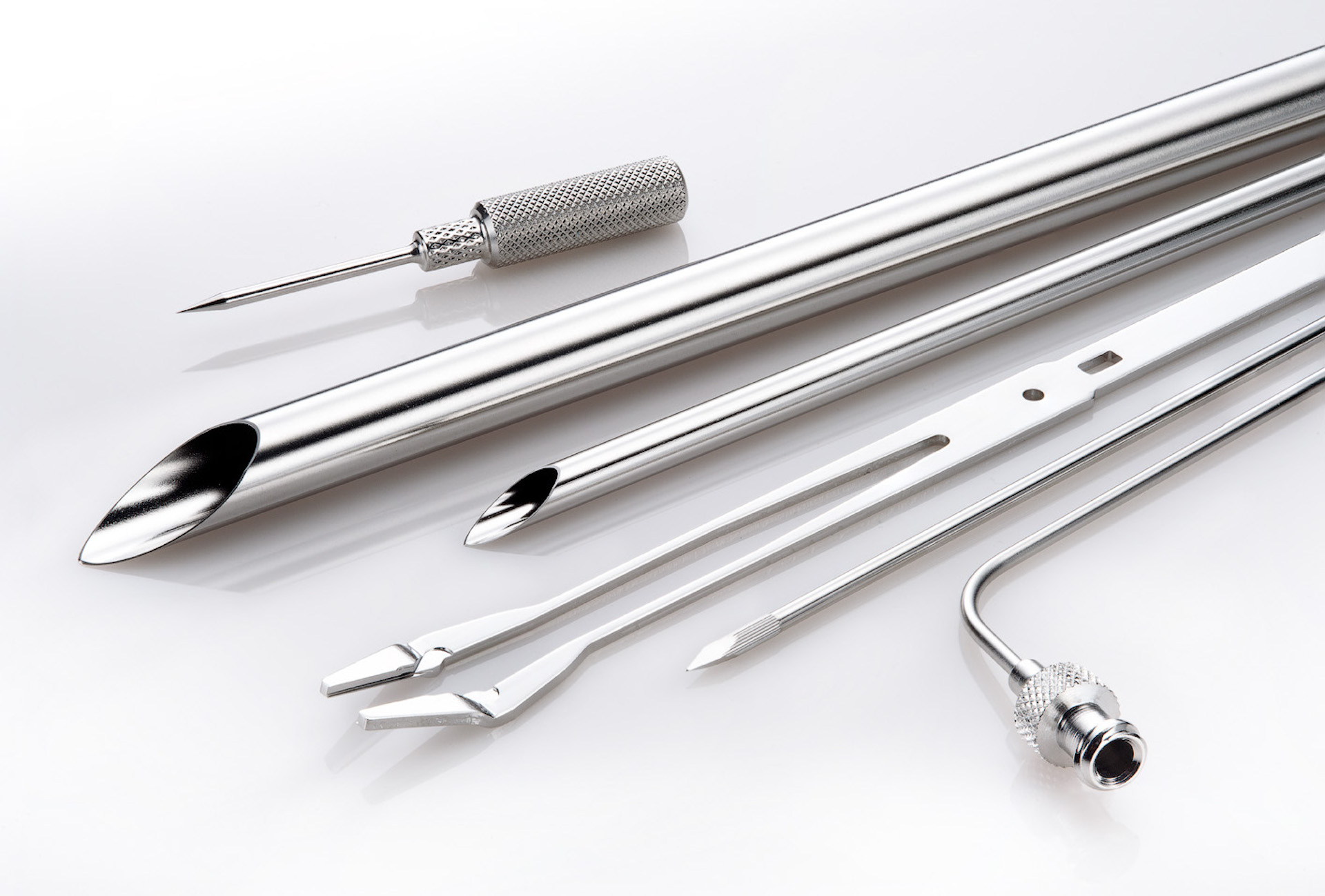
What is 17-4 Grade Stainless Steel?
17-4 stainless steel is a martensitic alloy that consists of 17% chromium and 4% nickel, with additional elements like copper and niobium to enhance its mechanical properties. The “precipitation-hardening” process it undergoes allows it to achieve remarkable strength and hardness levels, making it ideal for structural and high-stress environments.
The alloy’s properties can be fine-tuned through heat treatment, allowing manufacturers to adjust its hardness, strength, and corrosion resistance to meet specific application needs. Its versatility in terms of mechanical properties makes it a popular choice in industries like aerospace, defense, and oil & gas.
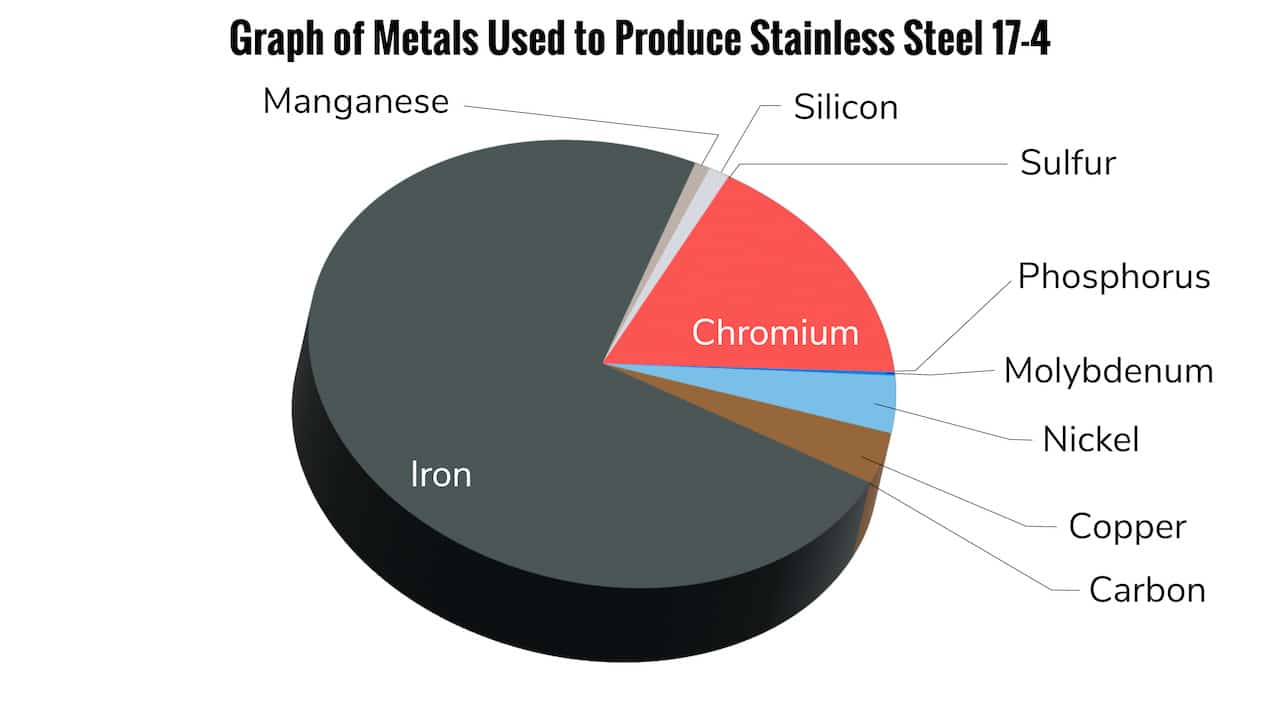
History of 17-4 Stainless Steel
17-4 stainless steel was developed in the 1940s to meet the growing demand for materials that could withstand extreme mechanical stresses while resisting corrosion. As industries such as aerospace and defense evolved, there was a clear need for a material that could combine high strength with toughness. Precipitation-hardening stainless steels like 17-4 filled this gap by offering a unique ability to be hardened and strengthened by heat treatment while retaining good corrosion resistance.
Since its inception, 17-4 stainless steel has become a go-to material in many high-performance industries, largely due to its balanced properties and the flexibility of adjusting its characteristics through heat treatment.
Advantages of 17-4 Grade Stainless Steel
-
High Strength and Hardness: One of the key benefits of 17-4 stainless steel is its high strength. The precipitation-hardening process significantly increases its tensile strength and hardness, making it ideal for demanding applications where structural integrity is critical.
-
Good Corrosion Resistance: While 17-4 stainless steel doesn’t offer the same level of corrosion resistance as austenitic stainless steels like 316, it still provides excellent resistance to corrosion in many environments, including mildly corrosive atmospheres, freshwater, and acidic conditions.
-
Heat Treatability: The heat treatability of 17-4 stainless steel allows manufacturers to adjust its properties to suit specific applications. By controlling the heat treatment process, the steel can be made harder or tougher, depending on the requirements of the project.
-
Good Toughness: Despite its high strength and hardness, 17-4 stainless steel maintains good toughness, particularly in the H900 heat-treated condition. This balance of properties is what makes it useful for structural and load-bearing components.
-
Ease of Fabrication: 17-4 is relatively easy to machine and fabricate, especially in its solution-annealed condition. This means it can be readily worked into complex shapes before undergoing final heat treatment to optimize its properties.
Disadvantages of 17-4 Grade Stainless Steel
-
Limited Corrosion Resistance in Harsh Environments: While 17-4 stainless steel provides good corrosion resistance, it is not as resistant to harsh or chloride-rich environments as grades like 316. In environments with exposure to saltwater or strong acids, other stainless steels may perform better.
-
Brittleness at Higher Strength Levels: The higher the strength and hardness of 17-4, particularly in the H900 condition, the more brittle the material can become. This may limit its application in situations requiring high ductility or impact resistance.
-
Higher Cost: Compared to more standard stainless steel grades like 304 or 316, 17-4 tends to be more expensive due to its specialized alloying elements and heat treatment process.
-
Sensitivity to Overheating During Welding: When welding 17-4 stainless steel, care must be taken to avoid overheating, which can lead to the formation of undesirable phases that reduce the material’s toughness and corrosion resistance.
Common Applications of 17-4 Grade Stainless Steel
17-4 stainless steel is used in applications that require a high level of strength, toughness, and moderate corrosion resistance. Its heat-treatable nature makes it highly versatile, and it is found in a range of industries, including aerospace, oil & gas, and medical devices. Some of its common applications include:
-
Aerospace Components: Due to its combination of high strength, toughness, and moderate corrosion resistance, 17-4 stainless steel is often used in aerospace applications such as turbine blades, fasteners, and structural components.
-
Marine Applications: In environments where parts are exposed to both corrosive conditions and high mechanical stress, such as offshore platforms and shipbuilding, 17-4 stainless steel is commonly used for valves, pumps, and other critical components.
-
Oil & Gas Industry: 17-4 is widely used in the oil and gas sector for components like valve stems, pump shafts, and fittings that require excellent mechanical performance and resistance to corrosion in challenging environments.
-
Medical Devices: The medical industry uses 17-4 stainless steel in surgical tools, orthopedic implants, and other medical devices that need to maintain strength and durability under repetitive use and sterilization.
-
Nuclear Industry: 17-4 is employed in nuclear power plants due to its ability to maintain strength and resistance to radiation-induced embrittlement at elevated temperatures.
-
Defense Equipment: Given its toughness and strength, 17-4 is frequently used in defense-related equipment, such as gun parts, military-grade fasteners, and other critical components that must endure extreme conditions.
Conclusion
17-4 grade stainless steel offers a unique combination of strength, hardness, and moderate corrosion resistance, making it a versatile material for many high-performance applications. Its heat-treatable nature allows manufacturers to customize its mechanical properties to meet the demands of specific projects. However, its limited corrosion resistance in harsh environments and potential brittleness at higher strength levels are considerations that should be taken into account.
From aerospace and marine to oil and gas, 17-4 stainless steel is a go-to material in industries that require durability and performance under challenging conditions. Whether used in aircraft components, marine hardware, or medical devices, 17-4 remains an invaluable material in modern engineering and manufacturing.
